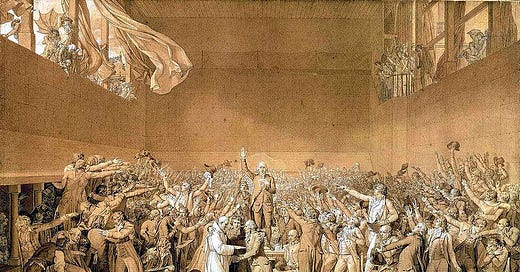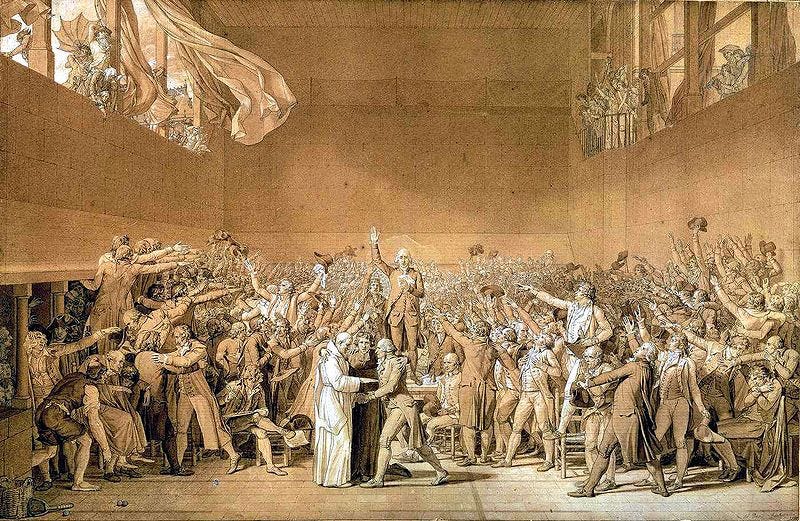I recently read a Facebook post where a former coworker of mine declared that any Superdelegate or member of the Electoral College who “voted against the will of the people” should be charged with treason. Leaving aside the incredibly short list of Americans who have been convicted of treason (almost always for war cr…
Keep reading with a 7-day free trial
Subscribe to Manuscriptions to keep reading this post and get 7 days of free access to the full post archives.



